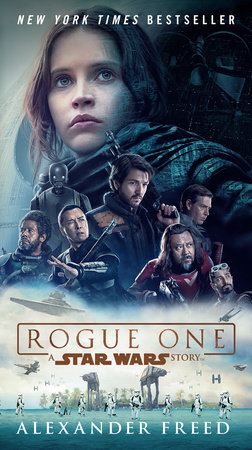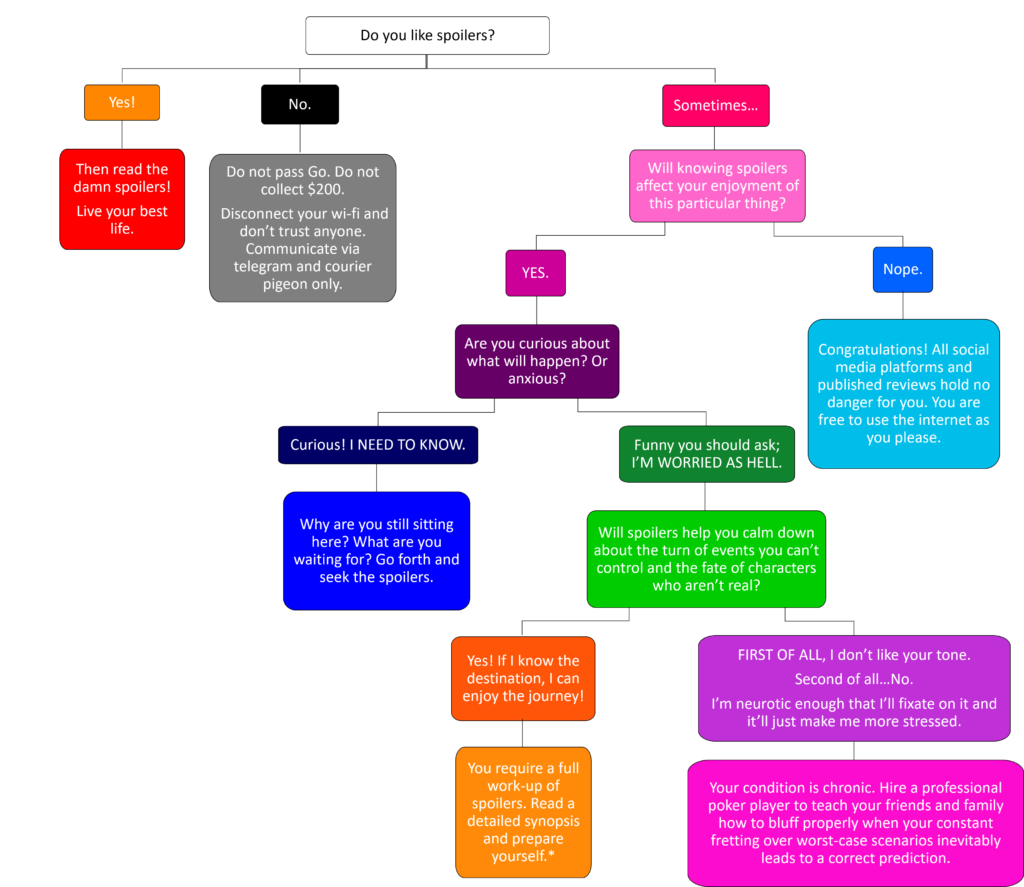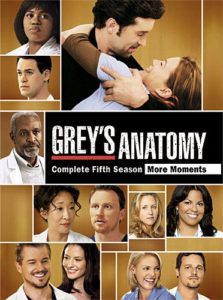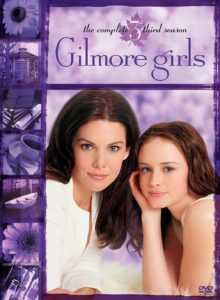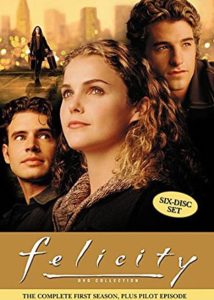I studied biology in school for the same reason I studied writing, though I doubt anyone would have believed me: because I love stories. And biology has some of the best stories to tell, the kind that are too strange and too unlikely to be anything but true.
Today, in honor of Mother’s Day, I want to tell you a story about mitochondria, which is really a story about moms.
Here’s what you need to know about the mitochondria: You have as many as one thousand of them in each of your cells. They’re shaped like a kidney bean and produce all the energy your cells need to function. They have their own DNA expressly for this purpose, and that’s where our story begins.
Not to invoke any traumatic flashbacks to seventh grade sex ed or anything, but: egg + sperm = embryo. Embryo divides and becomes fetus; fetus grows and becomes baby.
But here’s the thing about sperm: They’re really just a DNA transportation system. They deliver one full copy of the genome to the egg—egg is fertilized; egg divides—but that’s all they bring. So every other part of the cell—the Golgi body, the endoplasmic reticulum (yes, these are real names), and the mitochondria—comes from mom.
Point being: Dad’s mitochondria? Never passed down. So the DNA inside his mitochondria? Also not passed down. And because the DNA in our mitochondria hangs out there instead of in the nucleus, it never mixes with any of dad’s other DNA, either.
We inherit an exact copy of our mother’s mitochondrial DNA, and our mother’s only. Which means we share that exact copy with all of our relatives connected to us through our mothers. This is called maternal inheritance, and here’s what it means:
I have the same mitochondrial DNA as my mother and all of her siblings, and also both of my siblings. My nephews also have the same copy, and so does my grandmother. And her mother. My great-great-grandmother’s siblings, my great-great-great-grandmother, and my great-great-great-great grandmother. All the same.
Still with me?
The other piece of this giant DNA puzzle is that mitochondrial DNA—like all DNA—mutates, and the mutations that don’t cause any trouble, the ones that are stable enough to stick around, do just that: They stick around, and they become associated with family lineages. Most famously, this is how the remains of Tsar Nicholas II and his family were identified, by matching their mitochondrial DNA to maternal relatives within the royal blood lines.
But on a much larger scale, these mutations can be used to track our evolution as a species, to reconstruct our migration patterns across time and continents, all the way back to our single, common maternal ancestor. One long, unbroken chain of motherhood, mapping the history of us all.
Talk about a family tree.

